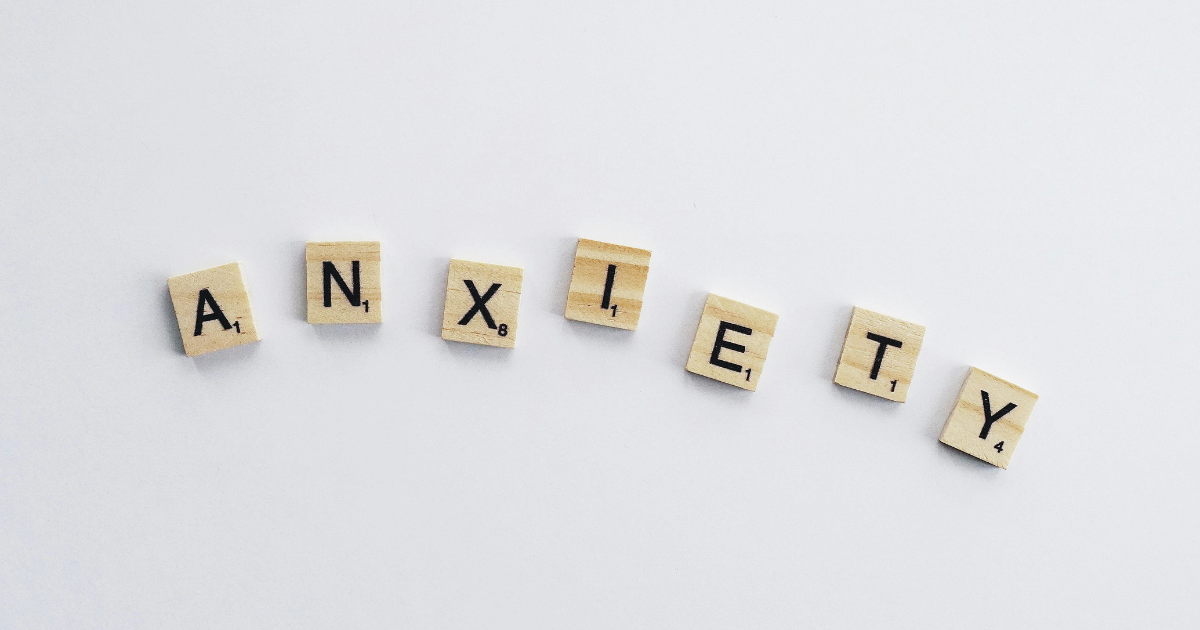An anxiety attack is a frightening experience for a person going through it, as well as people who happen to be nearby when it happens. The symptoms of anxiety attacks vary from feeling impending danger to passing out which means the physical and mental health complications can be unpredictable if the problem is disregarded again and again.
Let us explore the ways to help people with anxiety – if you are close to someone whose anxiety disorder prevents them from enjoying life, you have an opportunity to help them and combat the feelings of dread and doom.
Recognizing the Signs of an Anxiety or Panic Attack
The symptoms of a panic attack can be of a psychological and physical nature – most individuals experience both physical and emotional difficulties when an anxiety attack occurs. A person will feel dizzy and nauseous, their heart will race, and they may even feel detached from reality. Their thoughts are all over the place which makes it hard to concentrate and figure out what to do – if you are nearby, you can help someone with an anxiety attack to feel grounded and secure again.

What Anxiety Attacks Look Like in Real Time
In many cases, an anxiety attack manifests physically – a person is shaking uncontrollably and sweating. They cannot breathe normally, their heartbeat is faster, and they may have trouble standing up or sitting straight. Pay attention to a person close to you if their face suddenly turns red, they are gasping for air, or trying to hold on to something heavy to ensure they do not fall or faint.

How to Help Someone With an Anxiety Attack Safely
If someone in your presence is experiencing an anxiety attack, do not leave their side, make sure there are no objects the person may accidentally grab and hurt themselves, and ask them to breathe slowly as you are counting to ten. In a confusing situation like this, you also need to know what to say – this is how you can prevent the situation from getting more dangerous for the individual’s mental well-being.
Do’s and Don’ts When Trying to Help
| Do’s | Don’ts |
| Practice active listening – give the other person space to share their thoughts and experiences | Do not pressure your friend into speaking out and opening up about feelings they want to keep private |
| Acknowledge the struggles of the person you care about – confirm their feelings are valid | Do not dismiss the other individual’s thoughts and opinions even if they do not seem correct to you |
| Advise your friend to seek professional help in case panic attacks become a frequent occurrence | Do not force the person with anxiety disorder to deal with their issues on their own |
| Educate yourself on anxiety disorder and effective ways to help an anxiety-ridden person | Do not rely on misconceptions in regard to anxiety and mental health in general |
What to Say (and What Not to Say)
In order to help someone suffering from anxiety, you need to know the right words to say – here is what you can tell the person in need of your support:
- Say “I am here for you” instead of trying to force the individual to relax and stop shaking. Anxiety is out of their control so these attempts will be futile.
- Do not brush aside the feelings of the person regardless of how inconsequential their worries may be. Inform them that you care about their struggles.
- Make sure you remind the individual that anxiety is a normal reaction to stressors – telling them that they are overreacting is a wrong strategy.
- Do not promise your friend or family member that their anxiety will go away on its own but say that you will be there for them as you are confronting this problem together.
- Instead of assuming you know what would be the best solution for the person with anxiety disorder, let them know they are in charge and they get to choose how to handle their issues.
Techniques to Calm Someone Down From a Panic Attack
Let us take a look at some tips that will help someone with anxiety disorder to relax:
- Avoid long sentences – when the person can barely hear you due to the extreme stress they are under, they may not understand your suggestions so be precise with your instructions if you want them to sit down or go out to get some fresh air.
- Opt for actions – they will work better than many words. Take the person’s hand, take them outside, or help them lay down if this is their intention at the moment.
- Offer the individual some physical comfort – naturally, if they approve it. You can hold their hand or brush their hair as they are catching their breath.
- Remain calm. No matter how scary an anxiety attack may look, it is very likely it will be over in a few minutes – do not panic but if you do, do not show it.
Supporting Someone With Anxiety Long-Term
You can decrease anxiety in others by developing a long-term perspective – it is likely you will not put an end to someone’s anxiety disorder within a day or week. By learning as much as you can about panic attacks and their consequences for a person’s health, validating the worries and concerns of the individual, and making time for them when they require your assistance on their therapeutic journey you can make a difference for someone you care about.
Helping Someone With an Anxiety Disorder Beyond the Moment
| Advice | Description |
| Encourage Them to Stay Socially Connected | Social communication is an integral part of mental wellness. Invite the person who struggles with anxiety to gatherings and events they would enjoy, advise them to stay in touch with friends, and suggest them to make new acquaintances whenever it is possible |
| Make Their Life Easier | In many instances, anxiety is caused by the amount of stress the individual is under all the time, whether they are a workaholic or cannot maintain a balance between their professional and personal life. Figure out what can be done to reduce their workload and deal with the emotional burnout – you can help out with chores or run errands while your friend rests |
| Support Their Therapy Journey | Whether a person you care about prefers to undergo individual counseling or they want to sign you up for family counseling, make sure you respect their wishes and actively participate in their recovery. You can also drive them to the mental health facility, check whether they take the prescribed medication, and look for extra resources that may alleviate their anxiety disorder |
Need Help Supporting Someone With Anxiety? Contact Pacific Coast Mental Health
If your anxiety is out of control or you want a person you care about to consult with a therapist in regard to their deep-seated emotional issues that cause anxiety, do not hesitate to seek professional help. It is an excellent idea to talk to a mental health professional who can tell you how to manage the symptoms in moments that frighten you as well as develop coping mechanisms to calm down when an anxiety attack occurs. Reach out to Pacific Coast Mental Health today and gain insight into your psyche.
FAQs
What should I do when someone has an anxiety attack?
To help someone with an anxiety attack, you should advise them to breathe in and breathe out, open a window to make sure there is enough fresh air, hold the hand of the person to remind them they are not alone and they should not worry, and prevent them from hurting themselves if there is a chance they faint.
How can I calm someone down from a panic attack?
As soon as you notice a panic attack has begun, ensure the person has enough space to breathe and feel safe, help them get into a comfortable position – sitting down on the floor may be the best solution, and tell them you will be there as long as they need you to be.
What phrases help during an anxiety attack?
When a person is panicking, it helps them to hear the words of encouragement. A simple “I am here for you” or “Focus on breathing” will go a long way – do not let the individual out of your sight as they are calming down.
Should I call 911 for an anxiety attack?
If the symptoms of an anxiety attack are severe, you suspect there may be another issue especially if your heart is beating fast, or you are scared you may faint or hurt yourself in some other way, call 911 without hesitation – it is better to play safe than to deal with more serious health complications.
Can breathing exercises stop an anxiety attack?
Breathing exercises are a great calming technique that brings relaxation a person is missing when they are severely anxious. Moreover, they make the individual more resilient and calm between anxiety attacks so you should practice various breathing techniques in your spare time and prepare to help yourself when anxiety gets the best of you.






